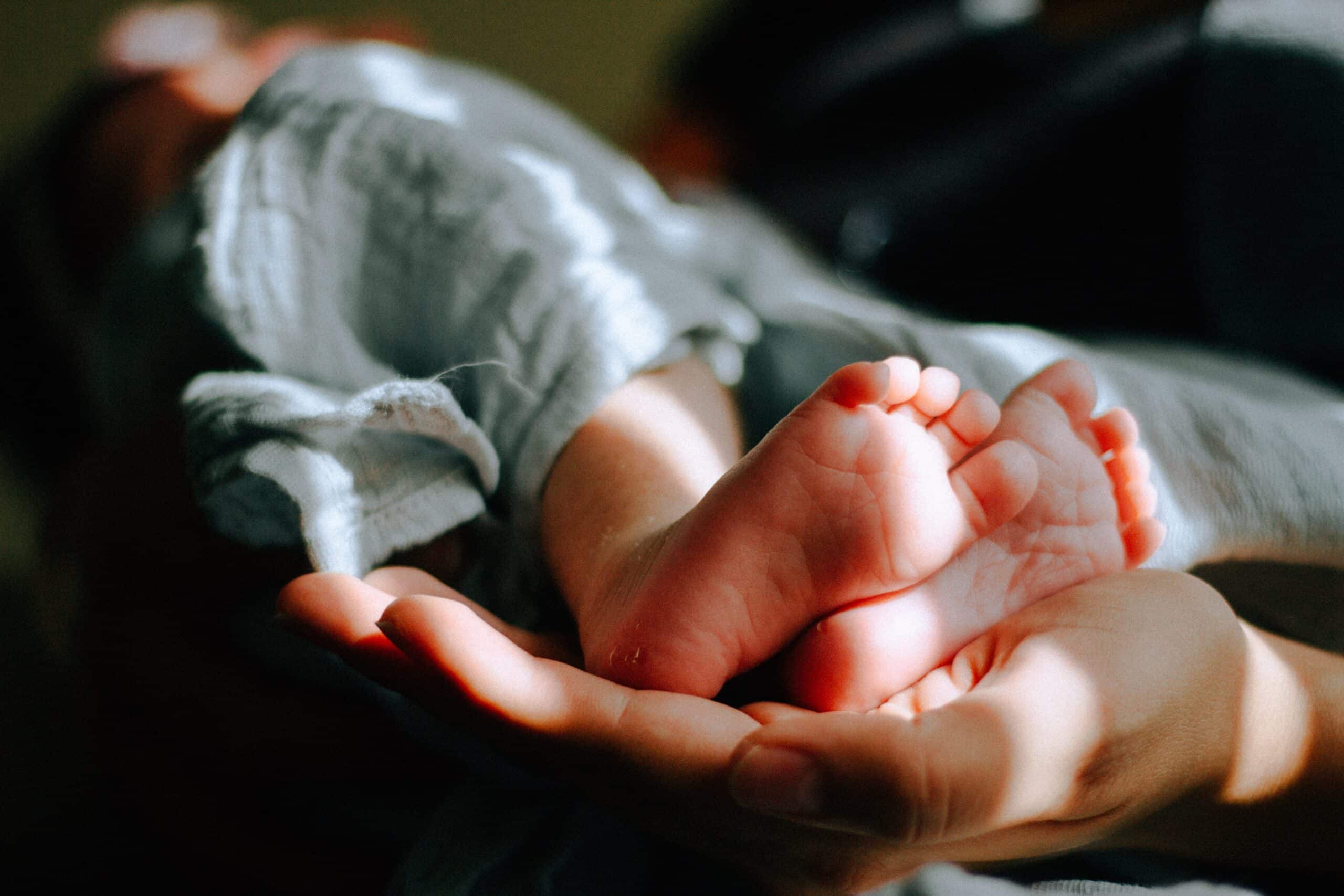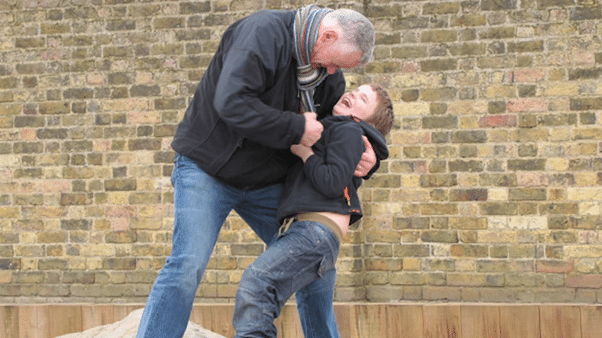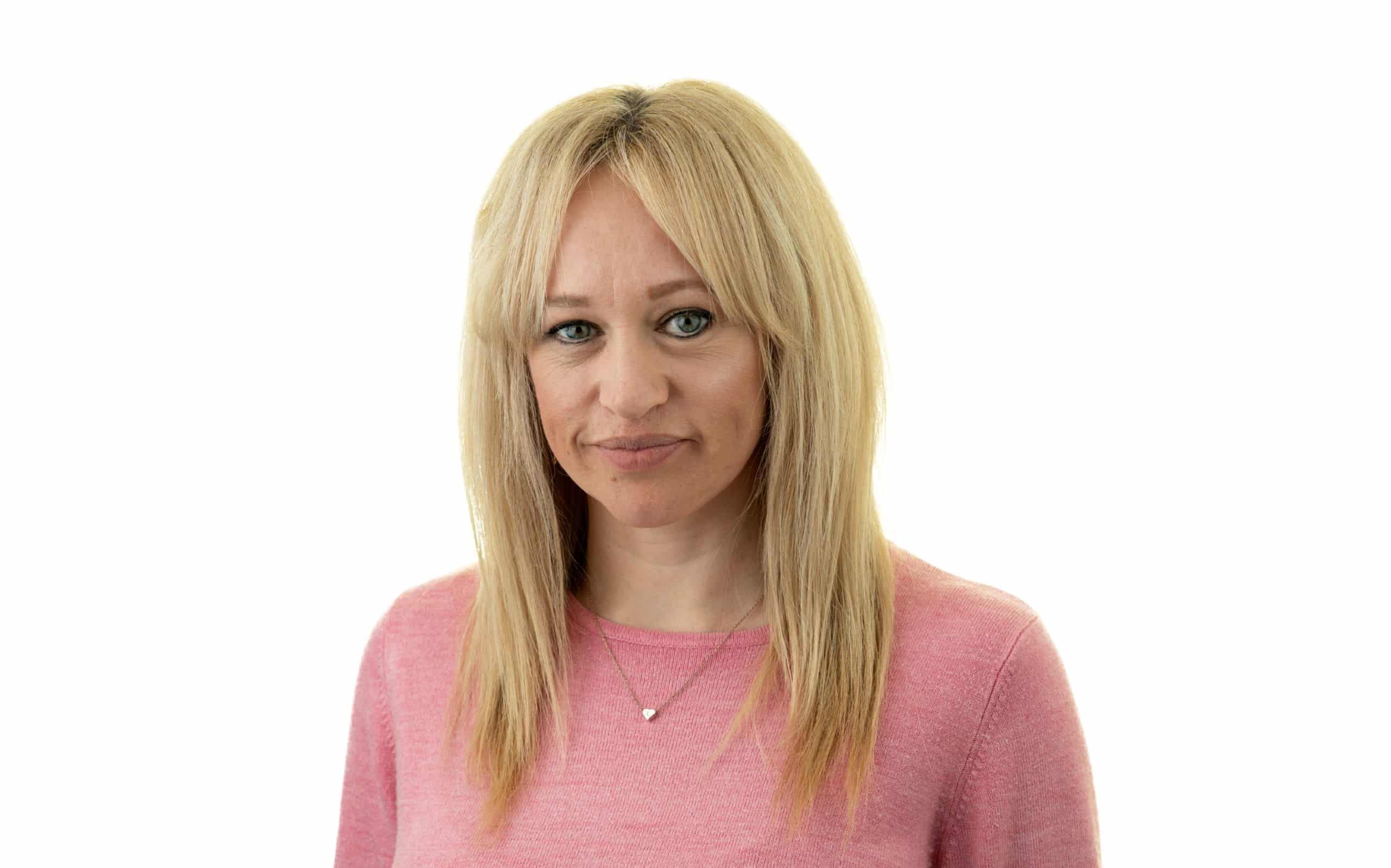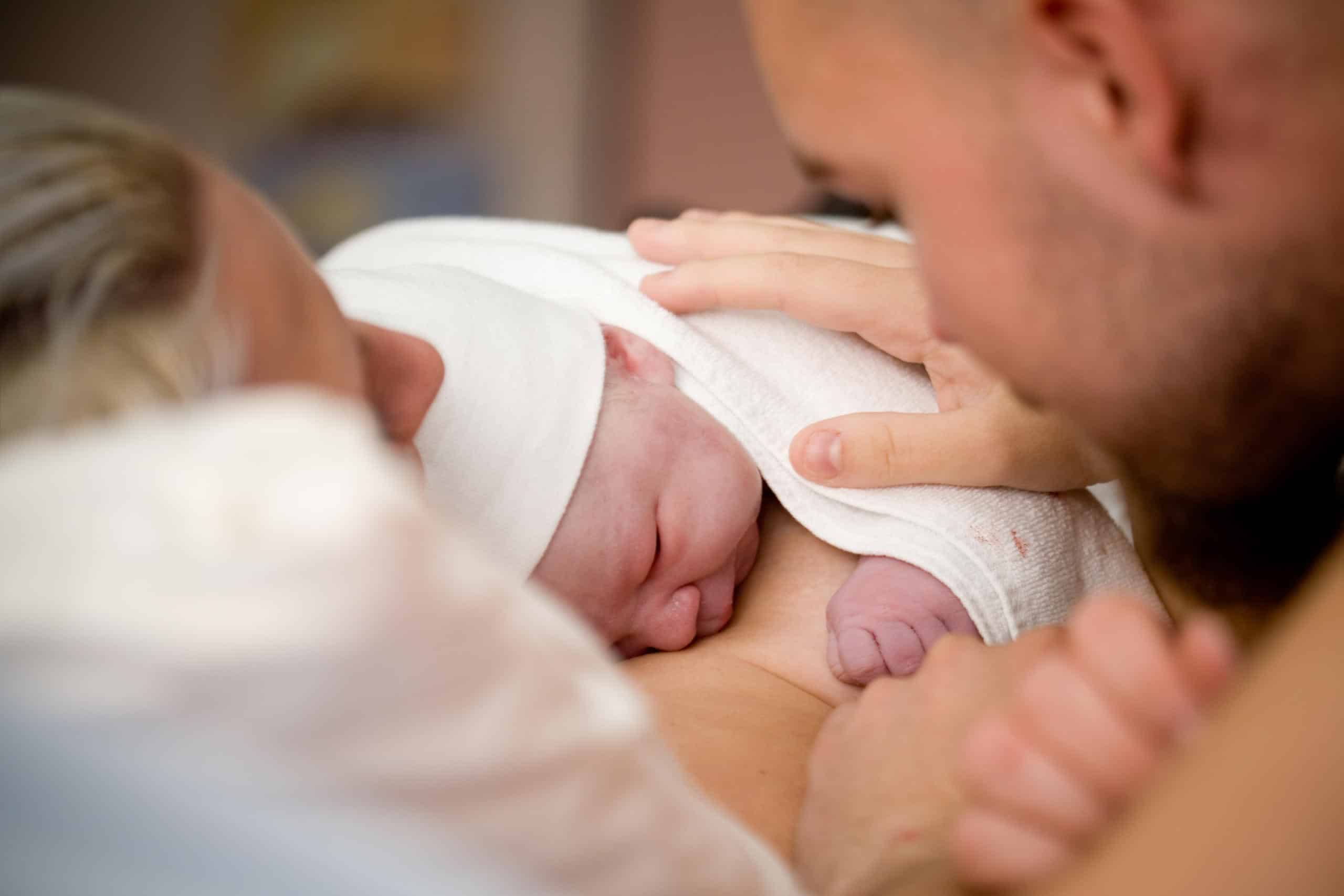
 " alt="">
" alt="">
Forceps Birth Trauma Claims

Reviewed by
Peter Rigby - Managing Director of Medical Negligence | Last updated on: 31st July, 2025
We've got your Forceps Birth Trauma Claim covered
- No win No fee
- Not just lawyers - real specialists
- No obligation
- UK's highest-rated medical negligence solicitors
If you’ve suffered an injury during childbirth from the misuse of forceps, you may be entitled to make a birth injury claim and receive compensation for what you have endured.
Our team of expert forceps delivery injury lawyers at Patient Claim Line can provide you with the best advice on how to proceed with your claim, offering free consultations and working on a No Win, No Fee basis to ensure you receive justice.
What is a forceps birth injury?
A forceps birth injury refers to physical trauma sustained by a newborn or mother during an assisted delivery that requires the use of forceps to help guide the baby out of the birth canal.
If excessive force or improper technique is used during delivery, a forceps birth injury may be considered the result of medical negligence, particularly if it causes long-term issues to either the mother or baby.
Types of injuries caused by the misuse of forceps
In some cases, forceps are necessary to assist in childbirth when complications arise. However, if used incorrectly, mother or baby can be at risk of sustaining forceps birth trauma, such as:
- Vaginal or Perineal Tears
- Pelvic floor muscle damage
- Bladder or Urethral Injury
- Nerve injury
- Infection
Find out if you
have a claim
Take the 10-second claim test
Free Advice
03300 080 352
claim form
We're the highest-rated No Win No Fee medical negligence solicitors on Trustpilot
When are forceps used?
Forceps are used when your baby is in an awkward position that would make the delivery more complicated, such as a breech birth. Forceps are a tool used to help guide the baby’s head from the birth canal, and they are known to protect your baby’s head from your perineum to avoid physical damage to either mother or baby.
When the use of forceps is needed, an obstetrician or midwife should discuss the reasons why you need an assisted birth and how it will be carried out. Your consent must always be given before a procedure can be performed.
When can I make a forceps injury claim?
For a mother who has experienced a birth injury via forceps, you are usually given up to three years to start a claim after the injury has been discovered. If a baby was injured during birth, the three-year rule does not apply until their 18th birthday, and they can continue to make a claim until they are 21. It is recommended that you begin your claim as soon as possible to ensure your evidence is secure enough to protect your case.
Claims can take months or even years, depending on the individual circumstances; therefore, starting your claim as soon as possible can reduce any delay in you receiving your compensation.
How much compensation can I get from a forceps trauma claim?
The payout from a Forceps Injury Claim can vary depending on the severity of the injury and the long-term impact. At Patient Claim Line, our forcep birth injury lawyers will work hard to get the birth injury forceps compensation you deserve.
Factors that can impact compensation:
- Severity of Injuries: Minor injuries, such as bruising or forceps scars, will have a smaller payout as opposed to more severe injuries like brain damage or cerebral palsy.
- Long-Term Effects: Ongoing issues caused by the injury, such as nerve damage or incontinence, will potentially result in a substantial payout.
- Financial Impact: If the injury has caused you to lose income or future earning potential, then this is taken into consideration when evaluating your compensation.
How does a forceps birth trauma claim work?
Here at Patient Claim Line, we will be with you every step of the way, ensuring that your claim is in safe hands and you are fully compensated.
Our claims process has six distinct steps:
- Initial Inquiry – We listen to your story and ask questions
- Case Acceptance – Our team assesses your case and decides if we can accept it
- Medical Records – If accepted, you need to request your medical records so that we can see exactly what happened and build a timeline
- Medical Evidence – Then we have to request an independent medical report to comment on exactly what happened
- Negotiation – Once we have all the evidence, we will start negotiating with the negligent party regarding any out-of-pocket losses, rehabilitation and compensation
Compensation – Our team aims to get you the best possible compensation for your injuries and the impact they’ve had on your day-to-day life
Why Choose Patient Claim Line for your Forceps Birth Trauma Claim?
Not just lawyers – medical negligence experts
Patient Claim Line was established in 2014 and consists of a team of medical lawyers specialising in medical negligence and misdiagnosis claims.
At Patient Claim Line, we have more than 100 solicitors with a combined experience of over 400 years, and they will work on your behalf to achieve the best result possible for you.
It’s not enough to use a solicitor who sometimes covers medical negligence. You need someone who knows this area through and through. That is what the solicitors here at Patient Claim Line do. They deal exclusively in this area of law and are experts in the field.
Frequently asked questions about Forceps Birth Trauma Claims
Our expert legal team answer your questions about making a Forceps Birth Trauma Claim
A forceps birth injury refers to any physical or emotional harm to the mother or baby that is a result of the use of obstetric forceps during childbirth. A forceps birth injury occurs when the instrument is used too forcefully or in inappropriate circumstances.
Yes, our team of birth injury lawyers have a lot of experience dealing with cases surrounding birth injuries and can help you make your claim as soon as possible.
You typically have three years after the discovery of the injury to make a claim, although we recommend getting started straight away to ensure all evidence remains secure and credible to ensure your justice.
Common injuries to the mother include perineal tearing, pelvic floor muscle damage and bladder injury; however, they are also at a much higher risk of infection with an assisted delivery.
The baby may suffer differently; oftentimes it results in skull fractures, facial palsy, scalp lacerations, eye injuries and brachial plexus injuries, which is nerve damage that affects the movement of the baby’s arm and hands.
Our team will need to provide evidence that medical negligence has taken place, and to be able to do that, we would need access to your medical records to understand what happened and when.
It would also be beneficial to have a record of injury, whether that be a diagnosis of injury or photo evidence. When an assisted delivery is needed, the mother’s consent has to be given to proceed, and therefore, there has to be evidence of informed consent that shows the mother was correctly informed on the risks of the procedure.
When assessing compensation, it is essential to understand how these injuries have impacted your life. Keeping documentation of quantifiable damages, such as loss of income or special care needs, will benefit your claim.
Meet our Forceps Birth Trauma team
Case Study
Vincent's Story
"He's always there for us"
At the age of 2 we noticed our son Vincent had trouble with his hearing. We had this testing over a number of years and were repeatedly told there was nothing wrong.
Initially we thought this was a speech and language problem, this wasn't the case. It took 4 to 5 years of assessments, with the constant response that there was nothing wrong with his hearing. A different test was them carried on Vincent overnight where it was found he was profoundly deaf.


After years of frustration we were finally able to provide Vincent with the support he required and received an implant. This has enable Vincent to be able to hear. The support from our solicitors has enabled to to gain access to specialist which have supported Vincent in closing the gap in his speech he lost out on to his peers.





